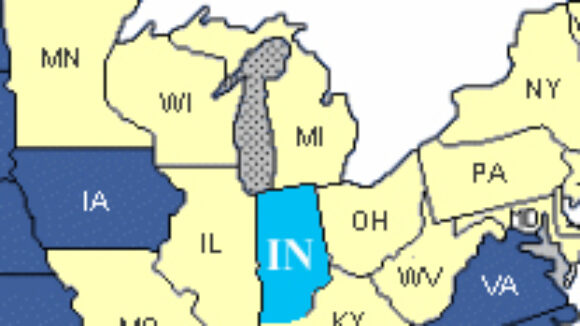Pundits, Labor Policy Specialists Explain Why Right to Work's Right For Indiana, America
(source: National Right To Work Committee February 2012 Newsletter) I submit that the real [Right to Work] debate is about unions' fear that if this legislation passes, members will run out the door and their decline will be hastened. Instead of unions fighting [Right to Work], they should ask why their members would want to leave in the first place . . . . Abdul Hakim Shabazz, editor, Indypolitics.com, Indianapolis Star, January 11, 2012 [U]nion contracts do not have to cover nonunion employees. The Supreme Court has repeatedly affirmed unions' ability to negotiate "members only" contracts. Unions voluntarily negotiate contracts covering all workers, members and nonmembers alike. They do so because union contracts benefit some workers at the expense of others. Unions do not want to let the workers they hurt opt out. . . . Unions want everyone under their contract, especially those they hold back. James Sherk, senior policy analyst in labor economics, Heritage Foundation, Miami Herald, January 7, 2012 I think this is really almost a life-and-death issue for Indiana. Twenty percent of Indiana's workforce is in manufacturing . . . . They have got to be competitive with the southern tier of [Right to Work] states we saw on the map, or those companies will inevitably migrate. There's a lot of outmigration in Indiana right now. The level of real incomes is falling because of all the manufacturing going to the [Right to Work] South. It is a make-or-break deal for Indiana . . . . Dan Henninger, deputy editorial page editor, Wall Street Journal, "Journal Editorial Report," Fox News, January 14, 2012 How significant is the lack of a [Right to Work] law in Indiana? We estimate if Indiana had adopted such a law in 1977, . . . Indiana's personal income in 2008 would have been $241.9 billion, 8.4 percent more than the actual $223.2 billion. Nearly $19 billion in annual income was lost because of Indiana's lack of a [Right to Work] law. Alternative statistical estimates yield slightly smaller but still highly robust results. Richard Vedder, economics professor, Ohio University (and two coauthors) "Right-to-Work and Indiana's Economic Future," January 2011

